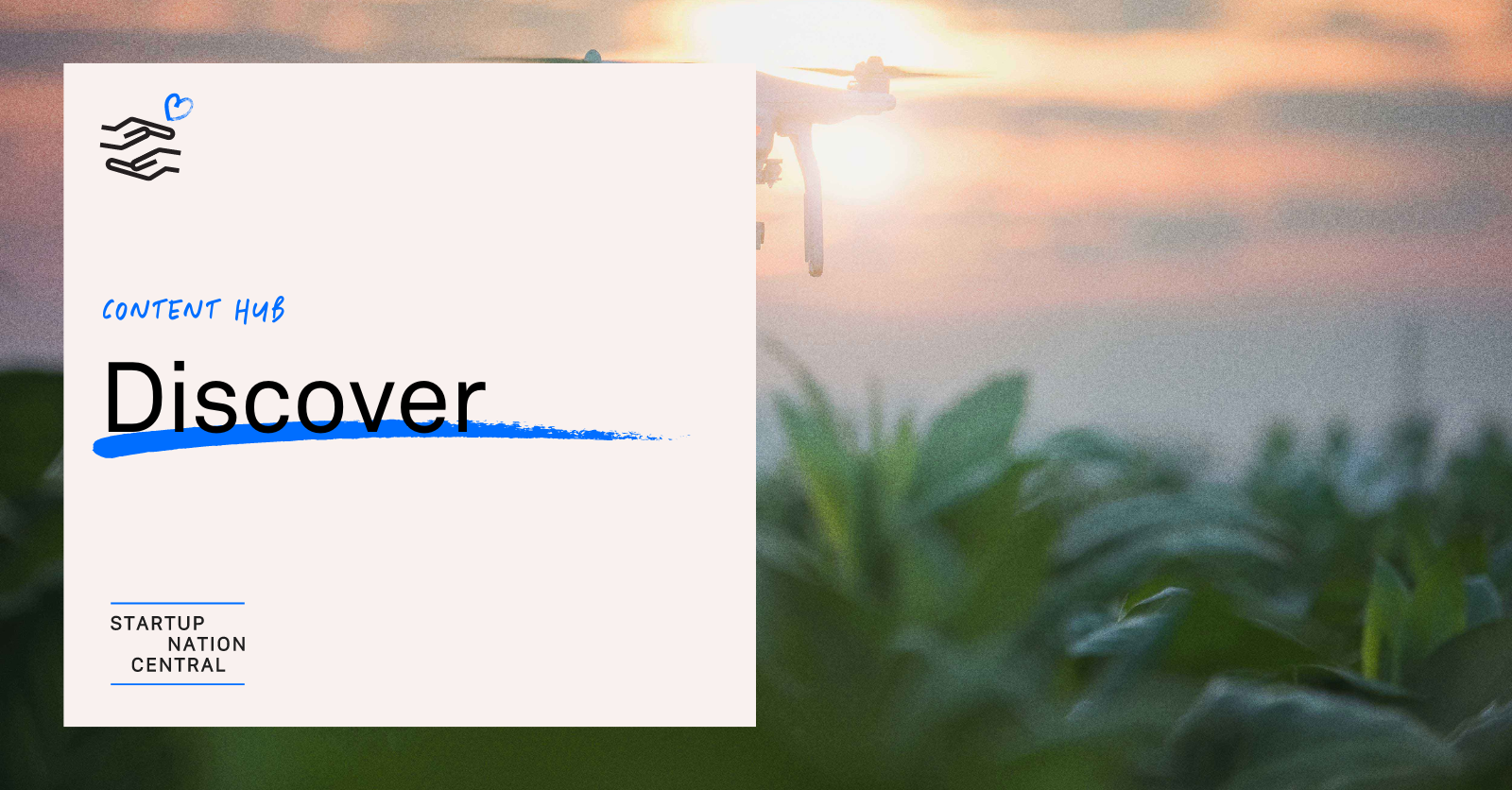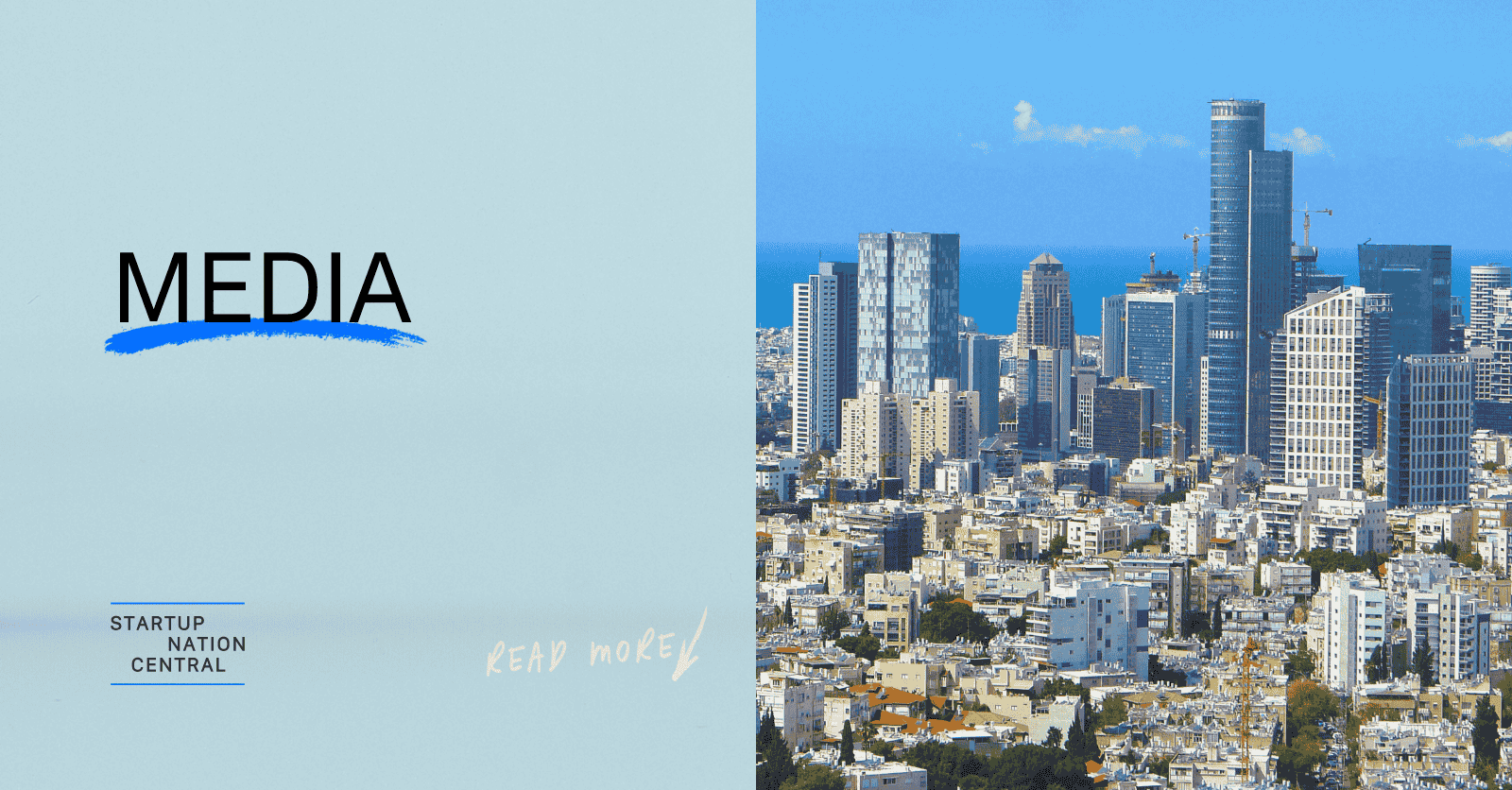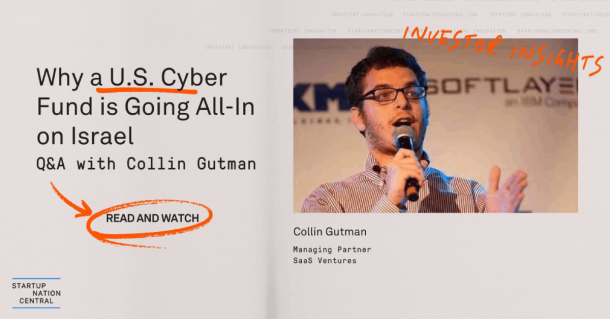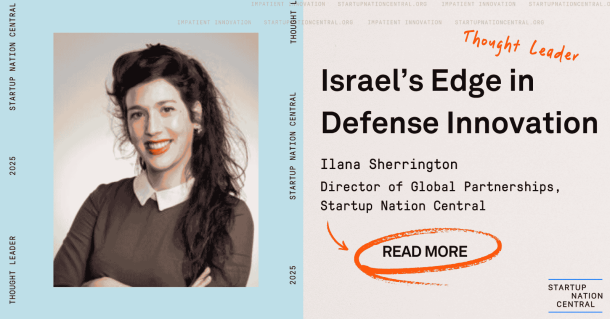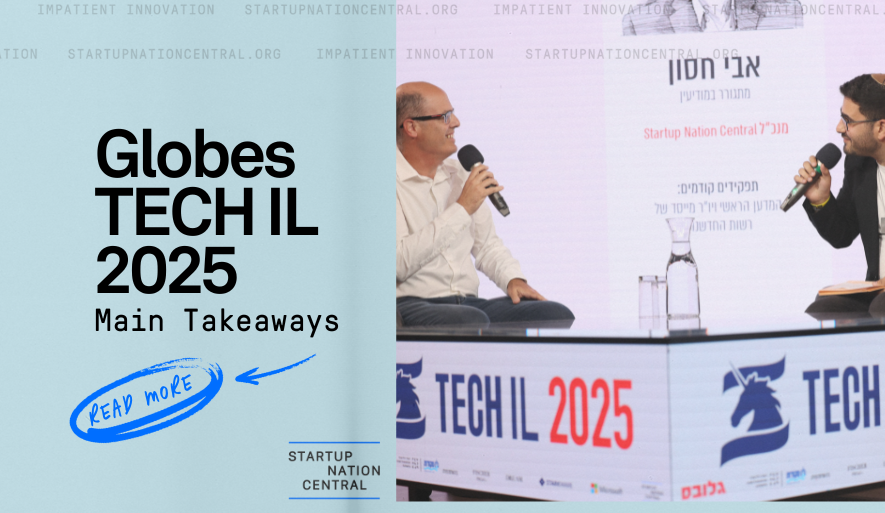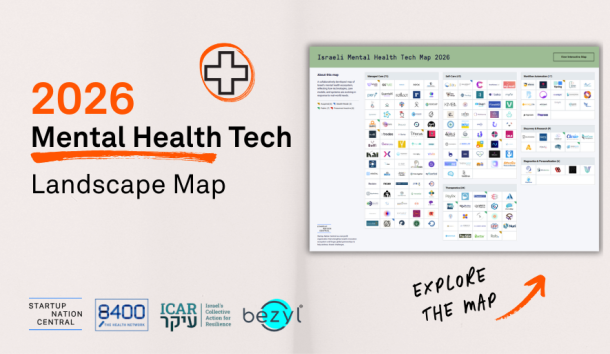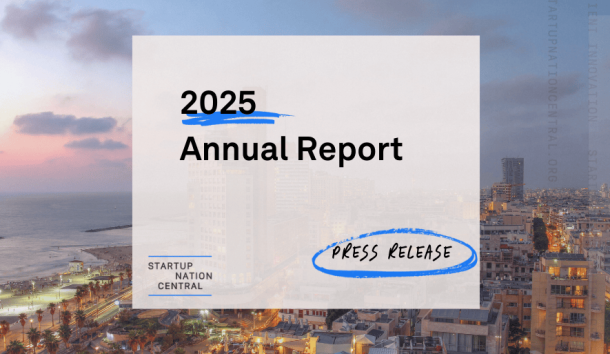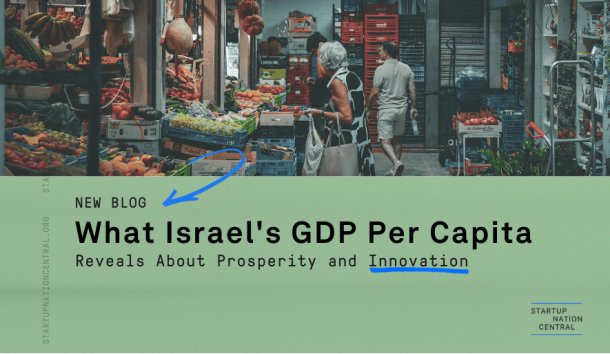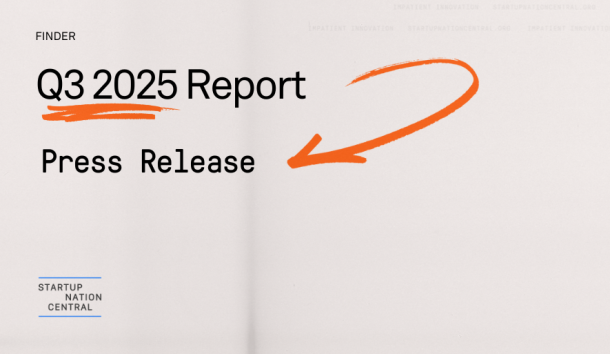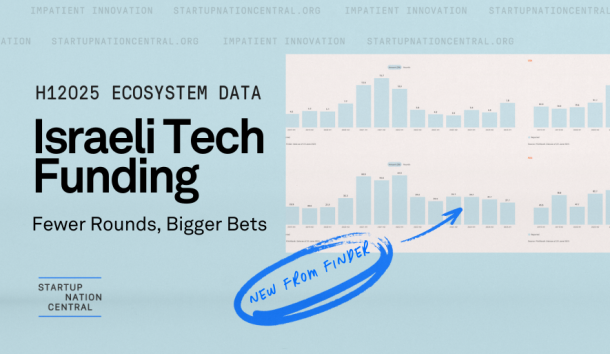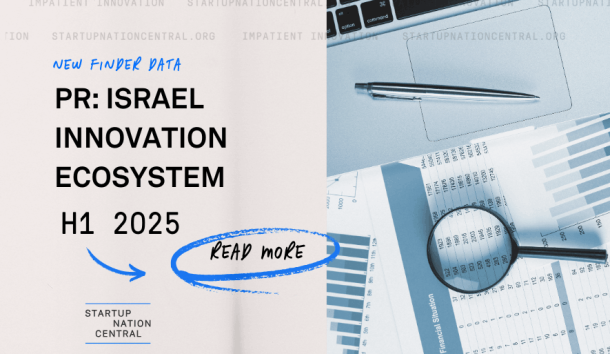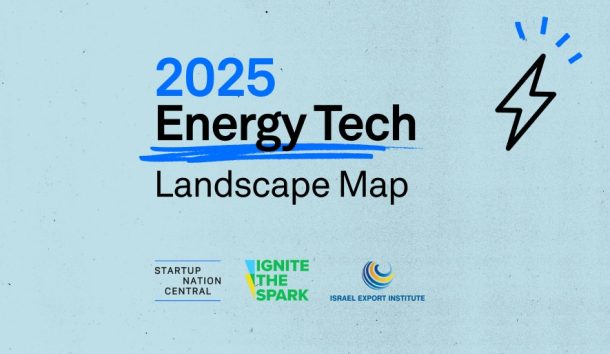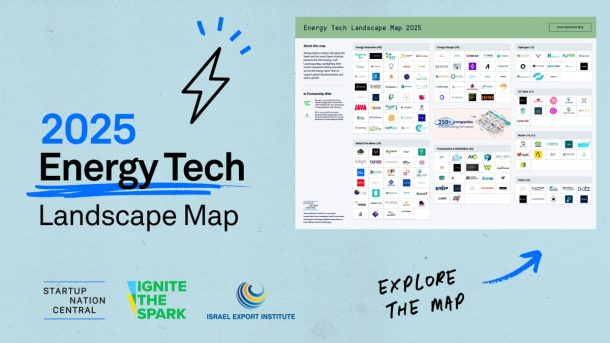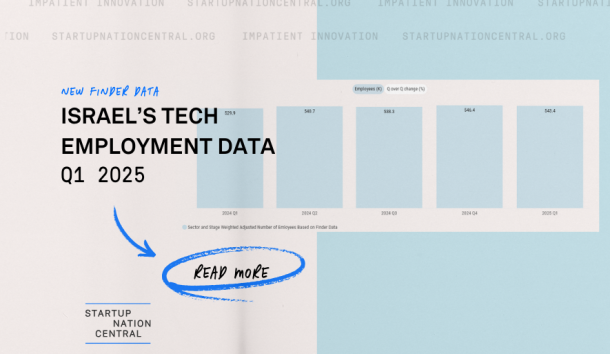As global markets face volatility and geopolitical alliances are tested, Israeli tech continues to push forward. That momentum, and its direction, challenges, and future potential, was the focus of Globes TECH IL 2025, held this April in Tel Aviv in partnership with Startup Nation Central.
Through a day of panels, keynotes, and candid dialogue, one message came through: Israeli innovation is steady, focused, and setting its sights on the next phase of global leadership.
Business in a Time of Crisis
Nearly two years into a period defined by conflict and economic pressure, Israel’s tech sector is not standing still. It is recalibrating with long-term priorities.
Startup Nation Central CEO Avi Hasson put it plainly: “We looked around after October 7 and realized our ecosystem is intact. Maybe even stronger.”
High-tech today makes up 20% of Israel’s GDP and has accounted for more than 45% of the country’s growth over the last five years. It is a strategic pillar of the national economy.
But endurance is not the objective. Industry leaders including Check Point CEO Nadav Zafrir and Israel Innovation Authority CEO Dror Bin emphasized the need for deeper investment, structural reforms, and sustainable scale to maintain and expand Israel’s global position.
The Shift Toward Deep Tech
“The next Waze can’t be another app,” said Dror Bin. “We need to invent the next MRI.”
With $200 million allocated to deep tech in 2025, Israel is directing focus to science-based ventures in fields such as climate fusion, quantum computing, and biofabrication. These sectors have historically seen less venture capital but carry global relevance.
This evolution draws on Israel’s foundational tech strengths from earlier decades. The country’s early innovation leaders were rooted in hardware and R&D and now that model is being reimagined for the current moment.
AI as a National Imperative
Artificial intelligence was central to nearly every discussion at TECH IL 2025. From cybersecurity and infrastructure to national resilience, AI is now viewed as foundational.
“In cybersecurity, AI is as big as the invention of the internet,” said Nadav Zafrir. His message was clear: companies that do not restructure around AI will struggle to survive the next five years.
Microsoft’s Adi Mor Biren described how AI has initiated a shift in how developers work: “AI doesn’t replace developers. It turns them into architects,” she said, referencing emerging tools that change how software is designed and deployed.
Yet Israel’s advantage in AI is not assured. Restrictions on GPUs, bottlenecks in compute access, and delays in national infrastructure are raising concern. “AI infrastructure is like water and electricity,” said NVIDIA’s Nati Amsterdam. “It’s not optional.” And to secure our advantage, this infrastructure and capacity-building must be a focus.
Strategic Opportunity and Risk
While Israeli exports have so far avoided the full weight of trade restrictions, the mood among global investors remains cautious.
“Even if tariffs are paused, the cloud of uncertainty changes investment behavior,” said Avi Hasson. Funding is still coming in, but decision cycles are slower and increasingly shaped by geopolitical risk.
Sequoia’s Shawn Maguire pointed to one area where Israel remains strong: talent. “Israel is producing companies as ambitious as anything we’re seeing in the Valley,” he said. “The world still bets on Israeli founders.”
Infrastructure, Resilience, and Open Platforms
Zafrir also announced Check Point’s new infrastructure investment: a real estate and data hub in Tel Aviv that will support hybrid work and future innovation. “It’s about building for the next 30 years,” he said. “Israeli companies need to be foundational to the ecosystem.”
This thinking and focus on shared infrastructure and long-term resilience was echoed throughout the conference.
Regional Outlook
Speakers also discussed the strategic potential of partnerships beyond Israel’s borders. “There is a once-in-a-generation opportunity in normalization with the Gulf,” said Hasson. “The next Abraham Accords will be built on technology and security.”
Others shared a tempered optimism, suggesting that regional collaboration will accelerate when the political climate allows.
Cautiously Ambitious
Globes TECH IL 2025 made one thing clear. The Israeli tech sector is not waiting for external conditions to improve. It is acting with urgency, backed by strong fundamentals and renewed confidence.
The war continues and regulatory friction remains. But the talent, the capital, and the infrastructure are aligned. “We haven’t lost anything. In fact, we’ve gained confidence,” said Zafrir.
The next five years will reveal how that confidence is put to work.
Globes Top 10 Startups of 2025
Presented at Globes TECH IL 2025, this year’s Top 10 list highlights companies setting new standards across sectors. These ventures are shaping the next chapter of Israeli tech with scalable models, global traction, and a sharp focus on impact:
- Finout
One platform to manage all cloud and AI spending
Dubbed “the Oracle from Tel Aviv,” Finout is becoming indispensable for global tech giants.
- Agora
Collaborative real estate investing, reimagined
Founded by 8200 alumni, Agora brings automation to the traditionally manual world of property investment.
- Astrix Security
Securing every AI agent in your stack
As AI becomes central to business operations, Astrix provides real-time visibility and protection.
- EON
Cloud-native data backup across all environments
Backed by VCs and boosted by Waze alumni, EON is gaining traction fast with modern data infrastructure.
- Voyantis
Predicting your most valuable users
This duo built what Meta still dreams of: AI that powers smarter customer acquisition and lifetime value.
- Eleos
Smarter insights into therapy conversations
From Air Force connections to Reichman University, Eleos grew into a powerful tool for mental health professionals.
- OneStep
Detecting health conditions using mobile sensors
Turning smartphones into diagnostic tools, OneStep is making clinical-grade motion tracking widely accessible.
- PayZen
Flexible payments for healthcare providers
Founded by a former Maccabi Tel Aviv basketball player, PayZen is reshaping how patients pay for care.
- ScaleOps
Automated cloud resource management
Helping companies like Waze and Orca Security save millions by optimizing cloud usage in real time.
- Zenity
Securing enterprise AI workflows
Zenity protects AI agents and automations, giving CISOs control as companies scale AI adoption.
These companies signal where Israeli innovation is heading: toward deeper tech, bolder missions, and long-term global relevance.
ACCESS THE FULL LIST OF 30 CROWD FAVORITE STARTUPS
Future-Proofing Israel’s Innovation Ecosystem
Israel’s innovation ecosystem is entering a new phase defined by both heightened complexity and unparalleled opportunity. The global market is shifting, regulation is evolving, and AI is rapidly rewriting the rules of engagement. At the same time, Israeli startups are demonstrating sharper focus, stronger fundamentals, and a clear appetite for scale.
The challenge now is to double down on strategic priorities: deep tech, AI infrastructure, and regional cooperation. Long-term resilience will depend on more than individual success stories. It will require coordinated investment, open platforms, and a national commitment to building the systems that support next-generation innovation.
The moment demands agility and alignment; Israel is positioned to lead if it moves with clarity and intent.
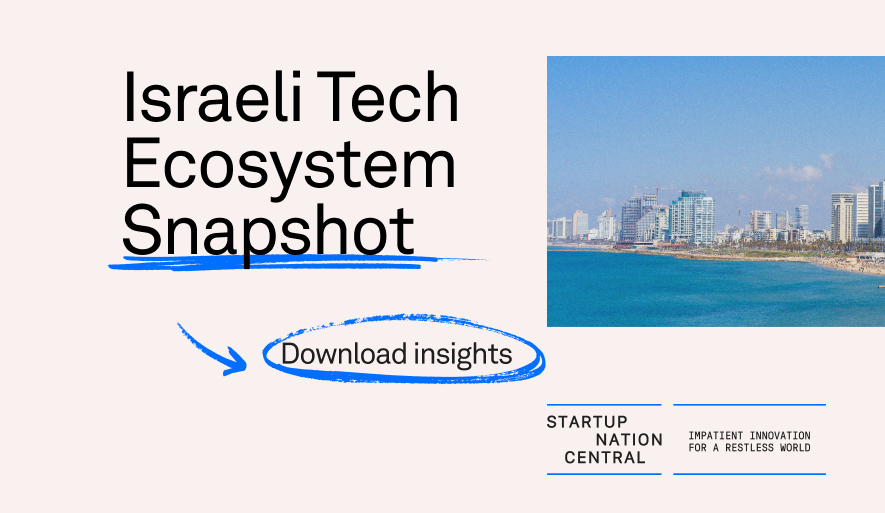
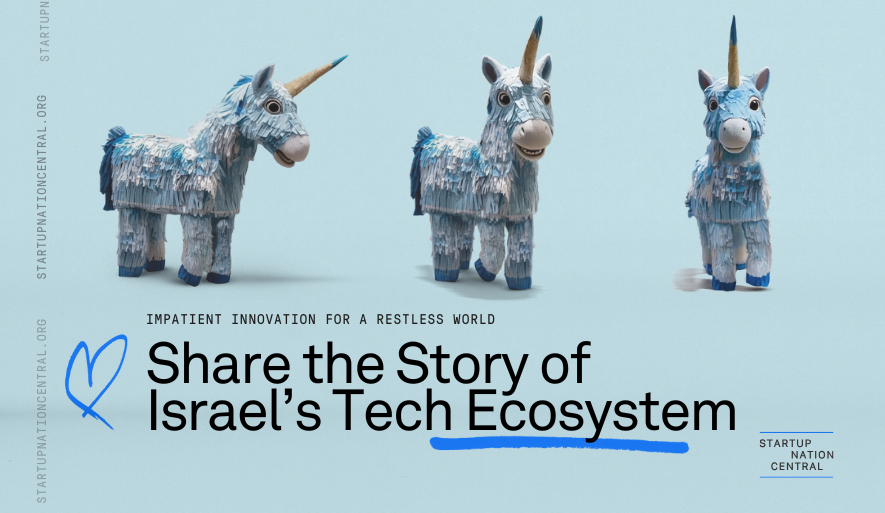
 Tech Ecosystem
Tech Ecosystem Human Capital
Human Capital Focus Sector
Focus Sector The Health Network
The Health Network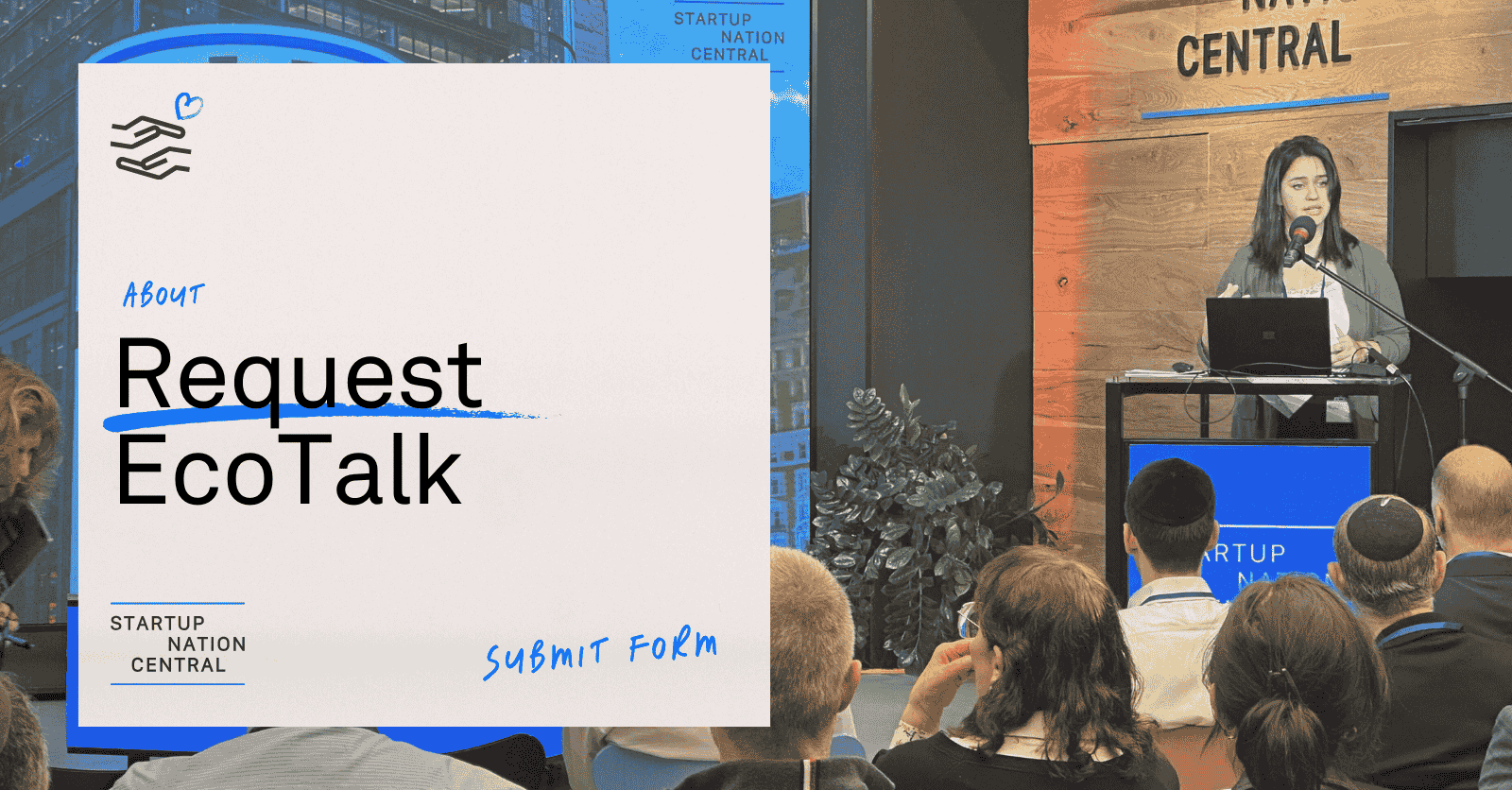
 Business Opportunities
Business Opportunities Investment in Israel
Investment in Israel Innovation Diplomacy
Innovation Diplomacy Leadership Circle
Leadership Circle